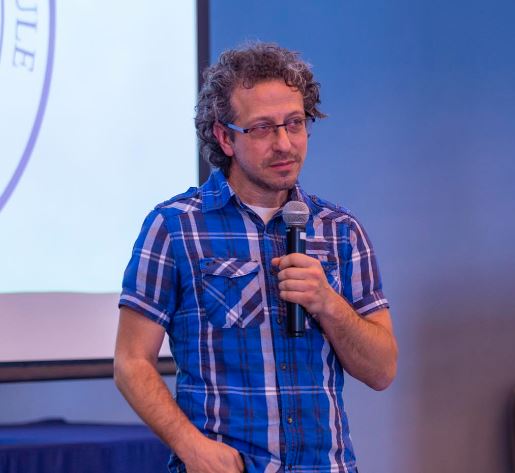
Other Interdiciplinary Incentives
Keywords
Clinical Conditions
Equipment & Techniques
Science Culture
I am interested in non-classic approaches to study the physiology and cognition of consciousness. At the Consciousness and Cognition Lab since its creation in 2011 we have worked mainly three main lines of research. Stemming from the Wellcome Trust grant from 2011, the first line of work is the Transitions of Consciousness, which has seen strong development in collaboration with several researchers worldwide. This line has created a school of thought among researchers in various parts of the world, evidenced by the increasing number of talks, symposia, and research groups discussing what was previously considered taboo or too difficult to study - the transition between states such as wakefulness and sleep, disorders of consciousness, or wakefulness and anaesthesia.. We have published 12 papers from this line of research since 2012 with 7 preprints under review. The second line of research that we continue to develop is the Model of Attention and Consciousness. This line of work originated during my 2007 first postdoc in Paris, where I captured the neural dynamics of automatic and voluntary attention states in patients with minimally conscious states, normal volunteers, and patients with intracranial electrodes, we also used EEG and fMRI. This line of work has had a profound impact on the attention and neural dynamics field of cognitive neuroscience. From the early work of 2009, we have published 8 more papers, with over 50 papers from other research groups using our experimental paradigms and underlying analysis. Furthermore, four papers from other authors have been reanalyses of our Open Data. Finally, the third line of research in the Consciousness and Cognition Lab, the earliest and youngest line, was developed in collaboration with Barbara Jachs during her PhD. In this work, we developed the capacity to capture how people think and feel as their experiences develop. Participants concentrate on a task or their own thoughts for a short period of time, recording their experiences related to their performance or tasks by tracing in intensity and time each of the relevant aspect of experience for that event (Jachs et al, 2021 Thesis, Cambridge Repository). This methodology of capturing the essence of experience translates phenomenology, the most difficult part of psychological sciences due to its subjectivity, into a quantifiable, dynamical measures. The work from 2016-2017 onwards has grown into several grants, 4 papers and 3 preprints, using the Traces of Experience in combination with physiological brain measures and behavioural tasks, exploring the experiences of chronic pain patients, those on the autism spectrum, participants in meditative states, Mild Cognitive Impairment Patients, and during the consumption of psychedelics, among others.
